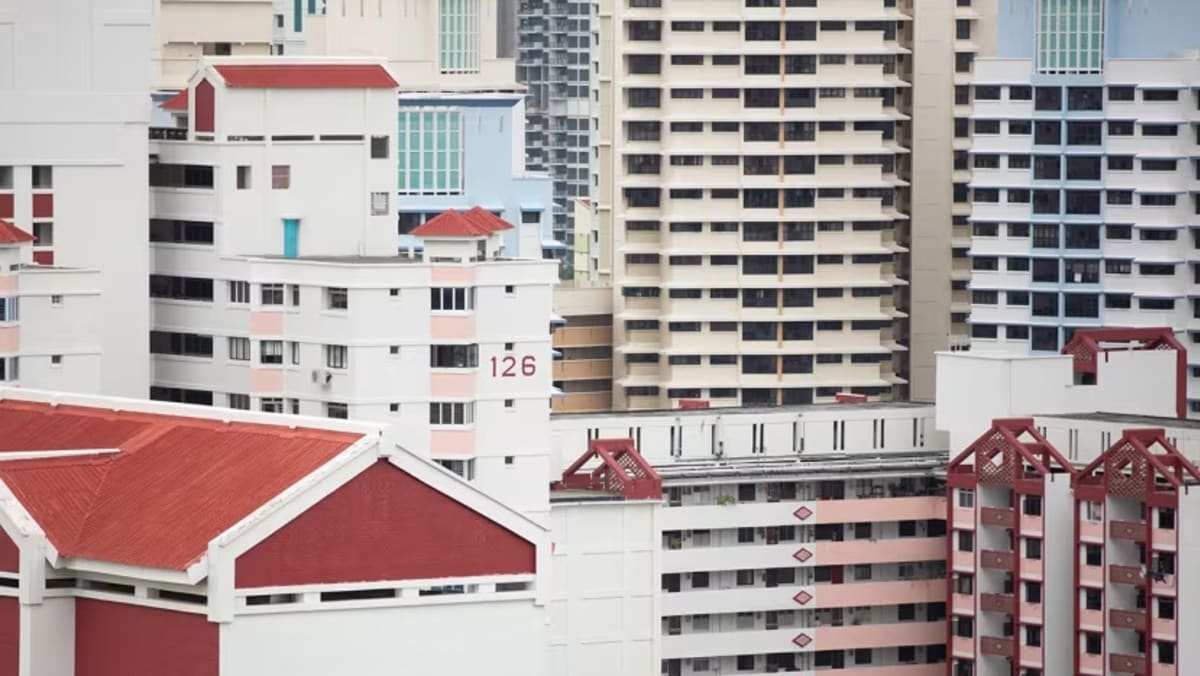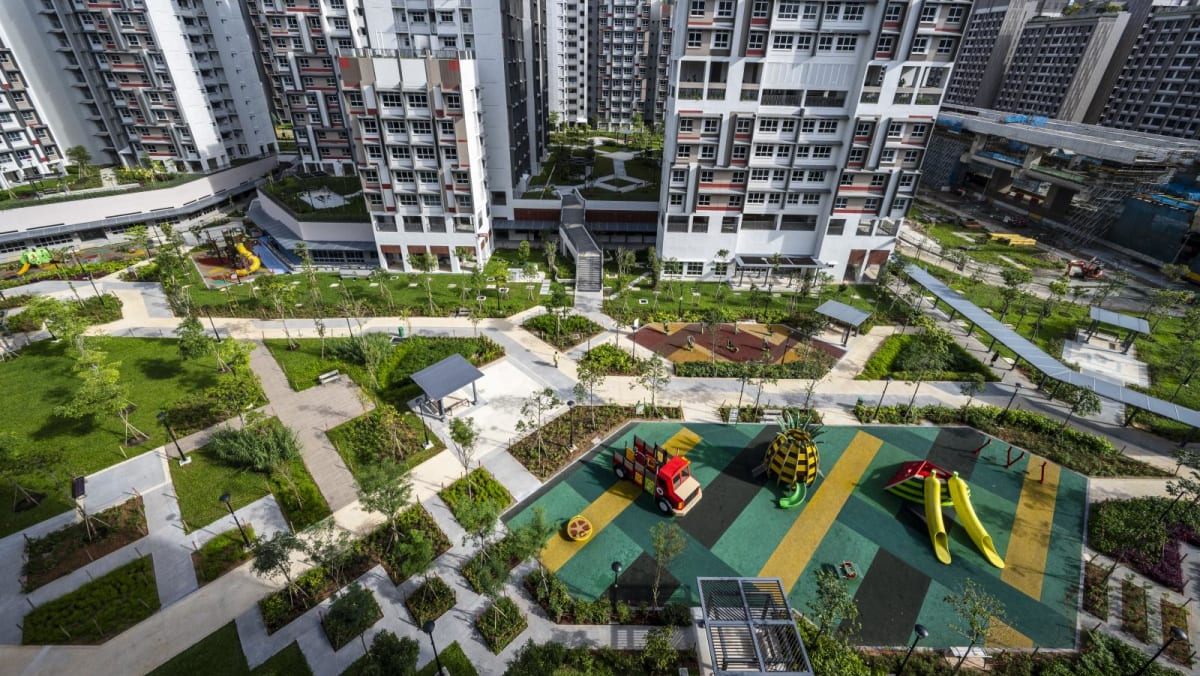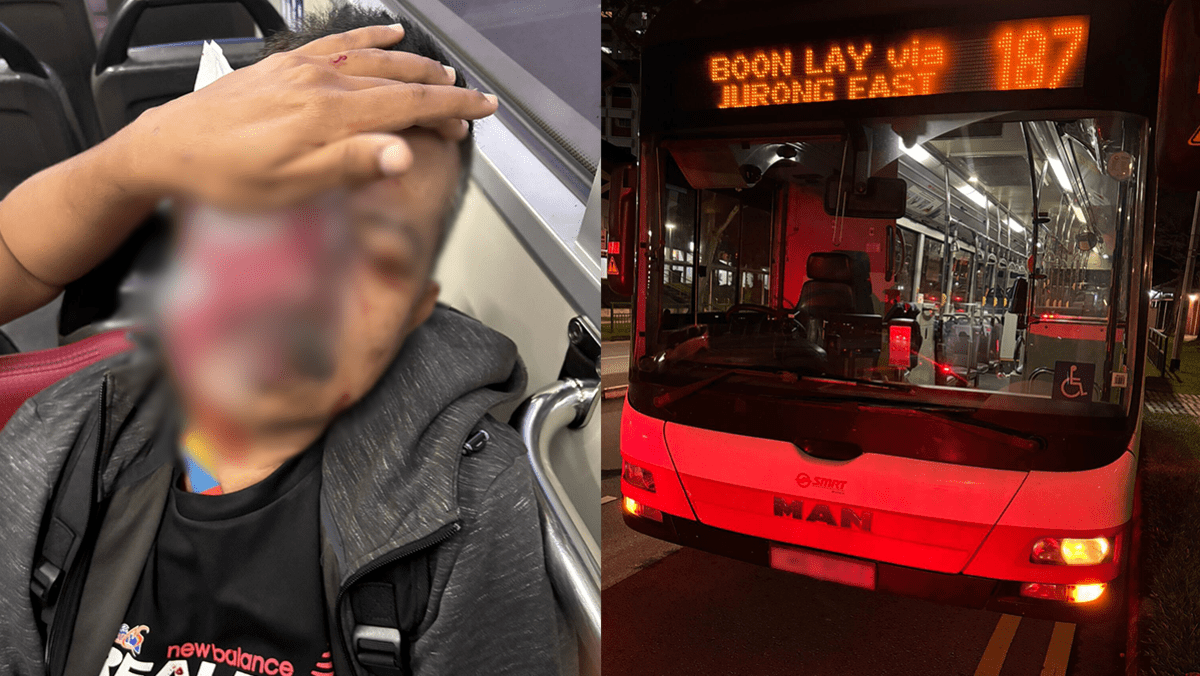SINGAPORE: Singapore’s overall inflation eased to 2.4 per cent last year, but the lowest-income households faced the highest jump of 2.7 per cent, driven by rising costs.
According to figures released by the Department of Statistics (SingStat) on Thursday (Jan 23), the consumer price index (CPI)-all items for general households rose by 2.4 per cent. This is slower than the 4.8 per cent increase experienced in 2023.
The main contributors to inflation in 2024 were the higher prices of accommodation, food, hospital and outpatient services, holiday expenses and bus and train fares. Prices for other transport services – which include air fares and moving services – dropped, SingStat said.
Household income groups are based on monthly household income from all sources, including imputed rentals on owner-occupied accommodation.
The lowest 20 per cent household income group saw all-items inflation go up by 2.7 per cent, while the middle 60 per cent and highest 20 per cent income groups experienced an increase of 2.5 per cent and 2.1 per cent respectively.
Several factors that drove inflation, including food, hospital and outpatient services and higher public transport fares, had a smaller impact on the highest 20 per cent income group because they made up a smaller share of the group’s expenditure, as compared to that of the other two income groups.
Meanwhile, the highest 20 per cent income group spent a bigger share of their expenditure on cars, which meant that lower vehicle prices had a larger dampening impact on the inflation they faced.
Excluding imputed rentals on owner-occupied accommodation, inflation for the lowest 20 per cent, middle 60 per cent and highest 20 per cent income groups went up by 2.6 per cent, 2.4 per cent and 2 per cent respectively, year-on-year.














